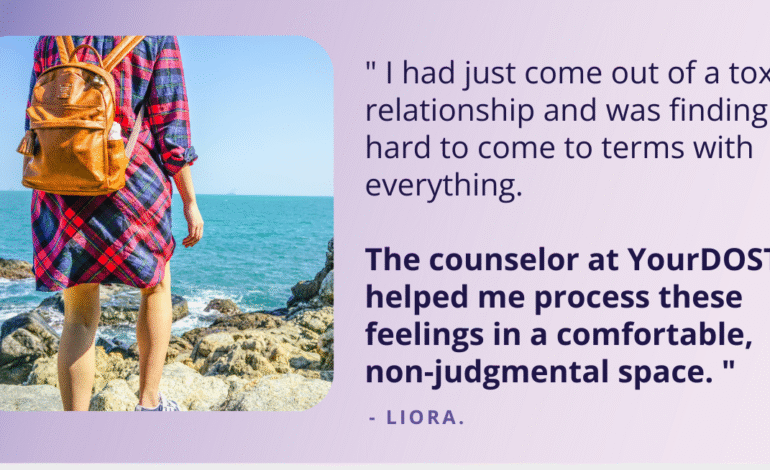How Do I Come Out Of My Dead Marriage?
Question: I am a 34-year-old woman and I have been married for past 7 years. It was an arranged marriage. Initially, it was all okay, but later my husband and in-laws started to blame and ill-treat me for every small thing and also began humiliating me. I am a working mother to a 4-year-old, who’s not very strong financially and my husband does not spend a single penny on me or our son. He spends only on his mother, brother and sister. Since past one year, he drinks every day and comes home only to fight with me. He has abused me physically and mentally on a lot of occasions. I am just holding on to this dead marriage because of my son and my old-aged parents. My parents have many times spoken to my husband about this, but he always abuses them as well. I feel very depressed and devastated. I want to come out of this marriage. Please guide me. – By Anonymous
Answer by Priyanka Moryani: Hey, I understand that you are going through an extremely challenging time, facing a number of issues in your married life.
It is a proven fact that any relationship has its share of adjustments to be made from both the partners. This is applicable in the context of any marriage (both love as well arranged marriages) as two people who have been single all their lives decide to start living under one roof. However, there is a vast difference between making adjustments and actually allowing your spouse to exploit you through physical and emotional abuse or for him to take you for granted in the relationship.
Also, it seems that you have made sincere efforts to revive your relationship for the sake of your son and parents, struggling to cope with your marriage since the last seven years.
I understand that you are feeling trapped and distressed and have arrived at a decision of wanting to come out of this marriage as mentioned by you. However, even this decision needs to be implemented with some amount of planning and the following points may help in getting some perspective:
- An option of applying for another job that will give you more financial security before you decide to move out.
- Having a transparent conversation with your husband that abuse of any form is not okay and that you will seek legal assistance for the same. This would also include factors such as alimony.
- A possibility of living in a nuclear family so that the frequent interference of in-laws could be minimized to a considerable extent.
- If the conflicts with your husband are primarily when he is in an intoxicated state of mind, then you could also consider de-addiction as an alternative or even consider Marital Therapy.
Continue to make a conscious effort to be assertive for the things that truly matter to you in the context of your relationships.Finally, it’s important to remember that you need to make a choice without any sense of guilt. Regardless of the choice you make, your emotional stability needs to be your priority and the fact that you have the moral support of your parents will help you in sticking to your choices.
Finally, it’s important to remember that you need to make a choice without any sense of guilt. Regardless of the choice you make, your emotional stability needs to be your priority and the fact that you have the moral support of your parents will help you in sticking to your choices.
You are precious, so take very good care of yourself!
Source: TOI
Are you someone who has gone through a difficult phase and emerged stronger and better, with some professional help? Share your story with us to encourage thousands of others who might be struggling. click here to submit your story.





